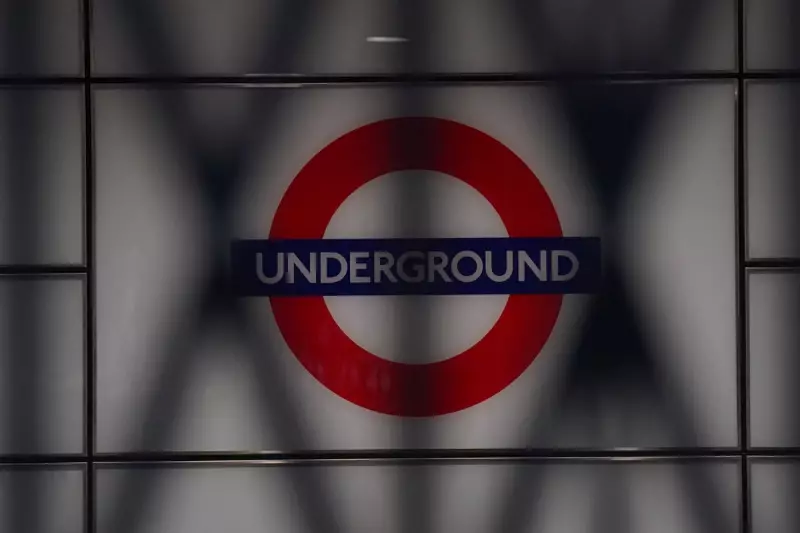
The capital is braced for major travel disruption after the RMT union announced a fresh wave of strike action on London's Tube network. The union has declared a 48-hour walkout set to begin on Sunday, 23rd July, crippling services on both the London Underground and the Docklands Light Railway (DLR).
This escalation comes after RMT members overwhelmingly rejected a pay offer from Transport for London (TfL), which the union has branded as "simply not good enough". The dispute centres on pay, working conditions, and fears over potential job losses and pension changes.
Timeline of the Coming Disruption
The planned industrial action is set to cause a two-day shutdown of essential services:
- Strike commencement: 00:01 on Sunday, 23rd July.
- Strike conclusion: 23:59 on Monday, 24th July.
This timing is strategically chosen to cause maximum impact, disrupting the beginning of the working week for millions of Londoners and visitors alike.
A Union Fighting for Its Members
RMT general secretary, Mick Lynch, stated that the offer from TfL management did not meet the members' expectations amidst the ongoing cost-of-living crisis. "Our members are struggling with soaring inflation and energy bills. They deserve a pay rise that reflects their hard work and the vital service they provide to keep London moving," Lynch said.
The union has accused TfL of failing to engage in meaningful negotiations to resolve the dispute, leaving them with no alternative but to proceed with strike action.
TfL's Response and Commuter Advice
In response, a TfL spokesperson expressed disappointment at the decision, urging the RMT to return to the negotiating table. They warned that the strike will cause significant and widespread disruption, with little to no service expected on the vast majority of the Underground and DLR networks for the duration of the 48-hour period.
Commuters are being strongly advised to work from home if possible on the affected days, or to seek alternative methods of travel, expecting severe delays and overcrowding on other transport networks like buses and national rail services that remain operational.
This latest action threatens to bring London to a standstill, echoing the severe disruptions caused by previous strikes, and putting further pressure on TfL and City Hall to find a resolution.





